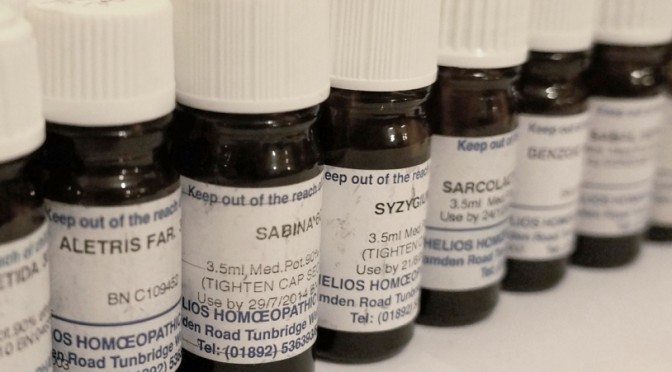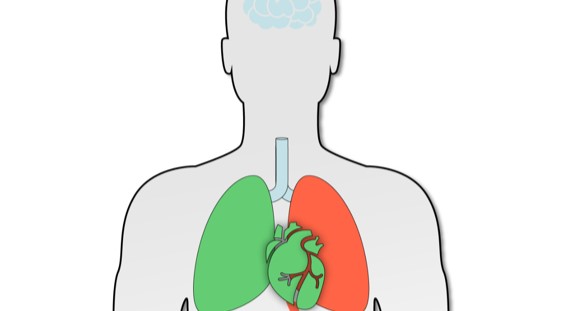CONSULTATION TREATMENTS
Allergies, intolerance to food and food sensitivity can show themselves in many different ways, for example asthma, eczema, hay fever, food allergies, colic, migraines, weight gain, rhinitis, insomnia, diarrhea, constipation, chronic fatigue, anxiety, depression, hyperactivity, inability to concentrate, aching joints, and many, many others.
Different substances could cause these conditions: dust, house dust mites, feathers, tree or grass pollens, various plants, wool and different synthetic fabrics, metals, amalgam fillings, paints, household cleaners, pesticide residues, side effects of different drugs, many foods, food colourings and preservatives, cosmetics, shampoos, perfume, pets, etc.
Food allergy could be dangerous as it can cause the anaphylactic shock, – it is a severe hyper reaction of the immune system which release massive amount of histamine and other chemical mediators. If you experienced swollen lips or tongue you should consult your GP, this condition is serious and exceed the bounds of this test. Most common foods which could cause allergic reaction are peanuts, shellfish and some other foods.
To deal with allergies or food intolerance effectively you have to know what you are allergic to.
Allergy Testing FOR CHILDREN
Allergy/intolerance testing can be done for babies, children, and adults.
Kinesiology is a gentle, natural therapy. It is safe for all ages, from babies to teenagers, and can complement any other treatment your child is receiving.
I test muscle resistance. If to introduce / keep in tough with the body/ the allergen – which is in a sealed glass vial, – and the client adult or child has allergy or intolerance to this allergen, then all muscles in the body will be weaker and the small push to the mothers arm will show LESS RESISTANCE, to compare with the muscle resistance when there is no allergic reaction to the allergen / which is in contact with skin/ For children under 5, I use their parent or guardian as a surrogate. This means that I make muscle test on the guardian while the child or baby is present.
So the allergen is in contact with child’s arm, mother has skin to skin contact with child, mothers muscle resistance is tested.
Mother will physically feel if there is less resistance which means that there is a problem with food allergen which was introduced / touch the child’s skin / to the child. When testing the muscles resistance mothers arm will be in a special posture in front of her chest and the whole arm will be hold by ONE SMALL muscle in the back, the allergen / if there is allergy/ will make all the muscles weaker including this one, that’s why the resistance of the whole arm will be less.
Please let me know if you have more questions.
ALLERGY TESTING FOR ADULTS.
This is straight forward. The allergents is put in touch with a clients hand and another hand is tested for muscle resistance. If the resistance is less to compare with resistance when no allergen was introduced – then its a problem with this particular food – allergy or intolerance.
Consultation will take between one hour and two hours, but not more than two hours.
Home visits available for clients with disability /for small extra fee/.
You can drink water but you cannot eat for 2 hours before the test.
What allergy could be tested?
I have samples of more than 200 different types of the most common foods (gluten, milk, lactose, citrus etc.) and drink allergens, also different viruses, bacteria, moulds, dental materials, pollen, environmental toxins, and food additives E numbers. You can choose up to 80 different items and they will be tested.
Ways to test allergy/intolerance
1. Applied Kinesiology Muscle Testing
It is possible to test allergies, food intolerance and food sensitivity by placing different substances on one hand and then testing the strength of another hand.
Weakness of the muscle is taken as an indication of allergy. The position for the muscle test is – the arm stretched out in front with the thumb pointing down. Pressure is applied on the top of the wrist to press downwards. If you cannot resist little pressure when for example sample of lactose is in contact with your other hand, it will mean that you have a problem with digesting lactose.
Testing allergies and intolerances by Kinesiology muscle test could be done for adults and also for children and babies of all ages. Allergy testing for babies is surrogate testing. Surrogate will reflect babies or small child imbalances – allergies, intolerances, – when they remain in physical contact with each other (usually the mother holds the baby). In this case, the sample with allergen is in contact with the baby, and the muscle test is done with mother’s hand.
2. Vega Testing / also known as dr Voll testing/ is a non-invasive, painless tool that uses the body’s sensitive electromagnetic system against a range of substances to generate a report. The electronic device can measure your body’s resistance to different foods or allergens and according to the readings, it is possible to make an opinion about possible allergies, sensitivity, or intolerance.
The test will give you a shortcut – because usually the food elimination and re-introduction could be a very long process if you do it on your own. The testing procedure is painless and comfortable. I do not take blood or scratch the skin, I simply have to touch your finger to measure your body’s resistance to different foods or substances. There are some conditions when the Vega Testing cannot be done (pregnancy, metal plates in the body, chronic diseases, pacemaker etc.), then the kinesiology muscle test is available, it does not have any restrictions.
The consultation begins with a detailed discussion of your medical problems, medicinal history & general state of health,
Irido analyses can be done and they will give valuable information about your general state of health, then allergy testing will be done and the results will be discussed.
Treatments
Treatment – Elimination Program
Problematic food, drink or other substances (if you have an intolerance to them) should be eliminated. After giving the body rest – usually several weeks or months; they could be re-introduced, but only one after another, NOT two or more different foods at the same time.
Side effects of elimination diet
If you eliminate the food which you have been eating or drinking every day or on a regular basis (e.g. tea, coffee, wheat, milk, or any other everyday item) you may find that you have withdrawal symptoms during the first few days of the elimination phase.
These symptoms might last several days and could include headaches, irritability, aching muscles, insomnia, or some other unpleasant symptoms.
This will be discussed in detail during the consultation. I will also give you some helpful information on how to keep a diet diary, how to rotate foods & using alternative foods during the elimination period which is very important as your nutritional status should not be impaired. This will be discussed and it is an important part of the consultation, there is no extra fee.
Homeopathic treatment / not desensitisation/ for appropriate patients is available, this is a separate consultation, it will take 1 hour 30 minutes or more and can be done on the same day or later.
Any food that continues to cause a problem should be avoided in the future or re-introduced after the homeopathic treatment. Some foods could be re-introduced on a minimal, rational basis. Homeopathic treatment takes between 2 to 6 months. This treatment could be used by everybody including babies, children, pregnant women, and elderly people. Homeopathic treatment does not have any side effects.
Desensitisation
Oral Desensitisation (OD), or food desensitisation, is a treatment, it involves giving small, but gradually increasing amount of the food that the you or your child is allergic to. If it is felt your child is suitable for the treatment, you will be asked to sign a consent form to indicate that you have fully understood the risks involved. You will be prescribed an Epipen and trained in its use. This treatment can be given only under medical supervision in the surgery or hospital. Be aware of fake desensitisation treatments. Another way of allergy desensitisation is allergy shots. Allergy shots are regular injections over a period of time — generally around three to five years — to stop or reduce allergy attacks. Allergy shots are a form of treatment called immunotherapy. Again this treatment could be done only in medical clinic.






